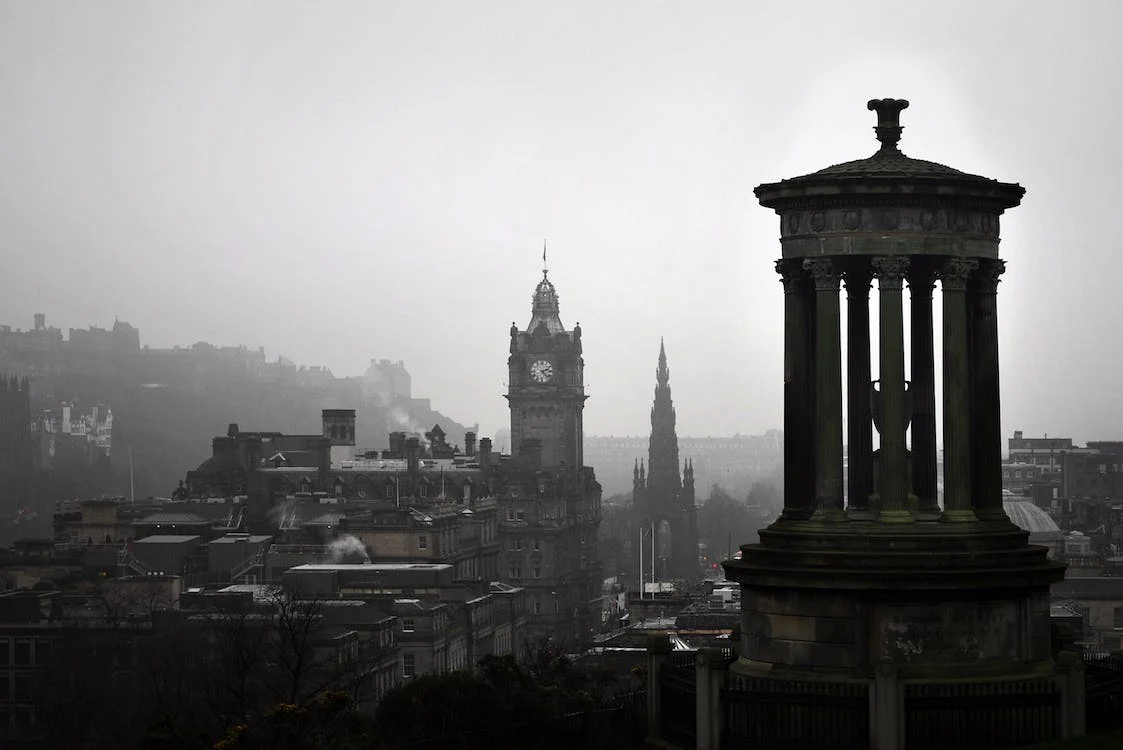
Scotland’s passage of the Gender Recognition Reform bill is causing tension between Holyrood and London.
The law passed on December 22nd, establishes ‘self-determination of gender,’ abolishing the requirement of psychological assessments for people who wish to obtain a gender recognition certificate. Until now, a medical diagnosis of gender dysphoria was necessary. The legislation also lowers the minimum age to legally change gender from 18 to 16 and reduces the period required for a transgender person to live in their ‘acquired gender’ from 2 years to 3 months before making the legal change.
During the final deliberations, an amendment that would have made it harder for sex offenders to legally change their gender was overridden.
Scotland is now an outlier in the UK with the most liberal sex change law in the country, as the Gender Identity Development Service (GIDS) of the Tavistock and Portman National Health Service (NHS) Foundation Trust in London was closed recently following a review that found that the clinic left young patients “at considerable risk” of suffering poor mental health and distress.
The bold move by Scottish lawmakers is facing political pushback in London, where the government of Prime Minister Rishi Sunak immediately said it would be examining the law closely and could potentially block it from receiving Royal Assent. According to a British media report, the government is also considering simply invalidating the Scottish gender certificate in the rest of the country. The UK maintains a list of governments whose legal sex changes are considered valid in the UK because the requirements are at least as rigorous as those in the UK, and Kemi Badenoch, the equalities minister, said she has launched a review to update the list. Scotland could simply be removed.
Scotland Secretary Alister Jack, who first launched the threat of blocking the law, is also considering additional ways the UK can legally stop the law from going into effect.
In response, the Scottish government has said it will “vigorously” contest any challenge to the bill.
The issue is touchy since Scotland has a strong independence movement. The Scottish Parliament, which passed the law, was re-established just under 25 years ago with its own competencies. The laws it passes must be compatible with those of the rest of the UK, and ministers in London have the power to block Scottish laws if they counteract the working of UK-wide legislation. Feminists fear and some legal scholars argue that the Scottish gender certificate conflicts with the 2010 Equality Act, designed to protect women, giving London an opening for blocking the law.
Tensions between the two governments could spark a constitutional crisis, some fear.
